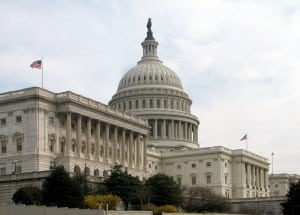
The Department of Homeland Security is undertaking a comprehensive review of its southern border security strategy at the direction of Homeland Security Secretary Jeh Johnson, Francis Taylor, under secretary of Homeland Security for Intelligence and Analysis said on Wednesday. The concept for the strategy was just approved by Johnson and it will contain an intelligence annex, Taylor told the Senate Homeland Security and Governmental Affairs Committee. The strategy is just beginning to get the “meat on the bones,” he said,…

 By
By 











